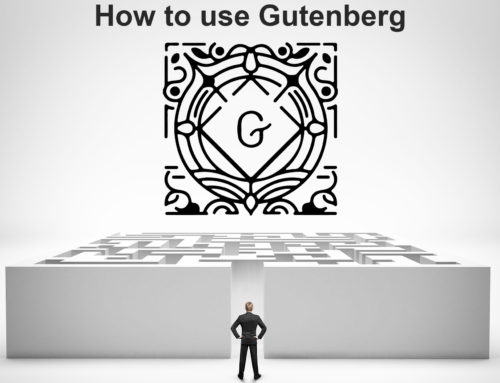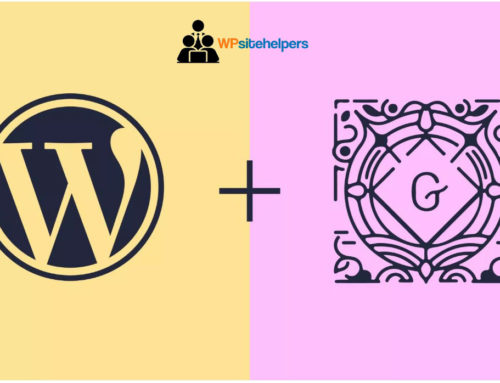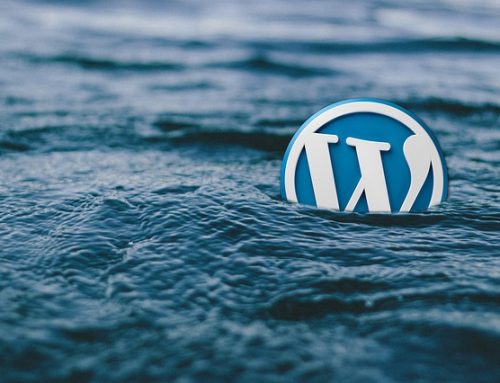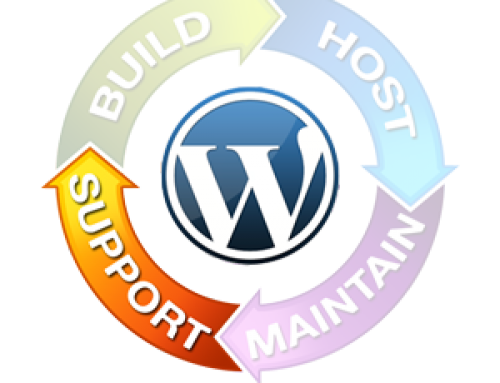I’d like to share something with you regarding the performance of your WordPress site. Many people that I talk to are shocked to find the degree to which something as seemingly trivial as page load speed can impact their business. But let’s face it, the days of sitting and waiting seconds on end for websites to load are long gone.
In this day and age, we won’t even wait longer than a few seconds for our favorite sites to load. So, guess what? If surfers are unable to wait more than 4 or 5 seconds for their most loved sites to load, how long will they wait for your website? The answer is not long at all–try 3 seconds!
If you run an online store the numbers paint an even grimmer picture. Multiple studies indicate that over 75% of online shoppers who cite website performance frustration as a reason that they stopped visiting the site to make a purchase. So, the bottom line is that you only get 2 to 3 seconds to grab your visitors’ attention, so you best do all that is in your power to ensure that your WordPress site completely loads in less than 4 seconds.
And guess what? Not only will a slow page loading speed affect what happens on your website but it can impact items that happen before the visitor even reaches your site. For example, search engines work to prevent that load slowly from appearing high in the search engine results pages.
Fortunately, for WordPress site owners several remedies make it easy to speed up your site. Here are just a few of them.
Install a Caching Plugin for Quicker Load Times
Caching is like saving a version of your website in your visitor’s browser so that the next time they visit your site, any element that was visible on your previous visit should load instantly. Hence, caching plugins facilitate the process of saving static content within your users’ browsers.
While it mainly benefits returning visitors, caching your site also makes it easier for first-time visitors who navigate between various pages on your website.
When it comes to caching, no plugin is as popular as W3 Total Cache. Just something as simple as installing and activating this plugin can significantly improve your website performance. However, many feel that it’s far too technical for lay people to use. That said, if you’d prefer something more novice friendly, you may want to take a look at this plugin called WP Super Cache.
Reduce image size
Images are usually the largest files on a site, so if they aren’t compressed, they can take ages to load.
Large images are one of the biggest impediments to a fast website. In fact, I’m almost certain you’ve seen sites slowly and gradually expand to reveal bulky images. In fact, this is what image compression WP plugins were designed to address.
One thing to point out as it relates to images is that it’s not just the file size that slows your pages down but also the metadata and any unused colors. Some plugins optimize files by removing both metadata and unused colors.
Another item to consider when working to reduce inefficiencies on your website is that you don’t necessarily need all images to load at the same time. Indeed, it’s the images that fall above the fold (the visible part of your website above the vertical scroll pane) that really count. The good news is that there are plugins that allow any above the fold images to load first.
Limit server requests
There’s a lot that goes into displaying your website on someone else’s browser. For example, for a visitor to pull up your page in their browser, your server must send all of the files necessary to recreate the page to the visitor’s browser, including picture files, machine code (HTML, Javascript, PHP, etc.).
Hence, one way to speed up the process is to reduce the number of files or objects on your pages so as to minimize requests to your server.
Simplify website code
While the human eye appreciates ample white space, it forces browsers to do more work, ultimately slowing your page load times. Given that coding is required to create this space, white space can be quite an inefficient use of server resources.
Minifying code is another area that plugins such as WP Total Cache excel in. WP Minify has also become popular for reducing unnecessary code, as well.
Hopefully, this at least gives you a sound foundation as to how you can make your website load quicker. And again, though page load speed may be low on your list of website priorities, this one element can have such a tremendous impact on your business that it definitely deserves to be moved to the top of the line.





